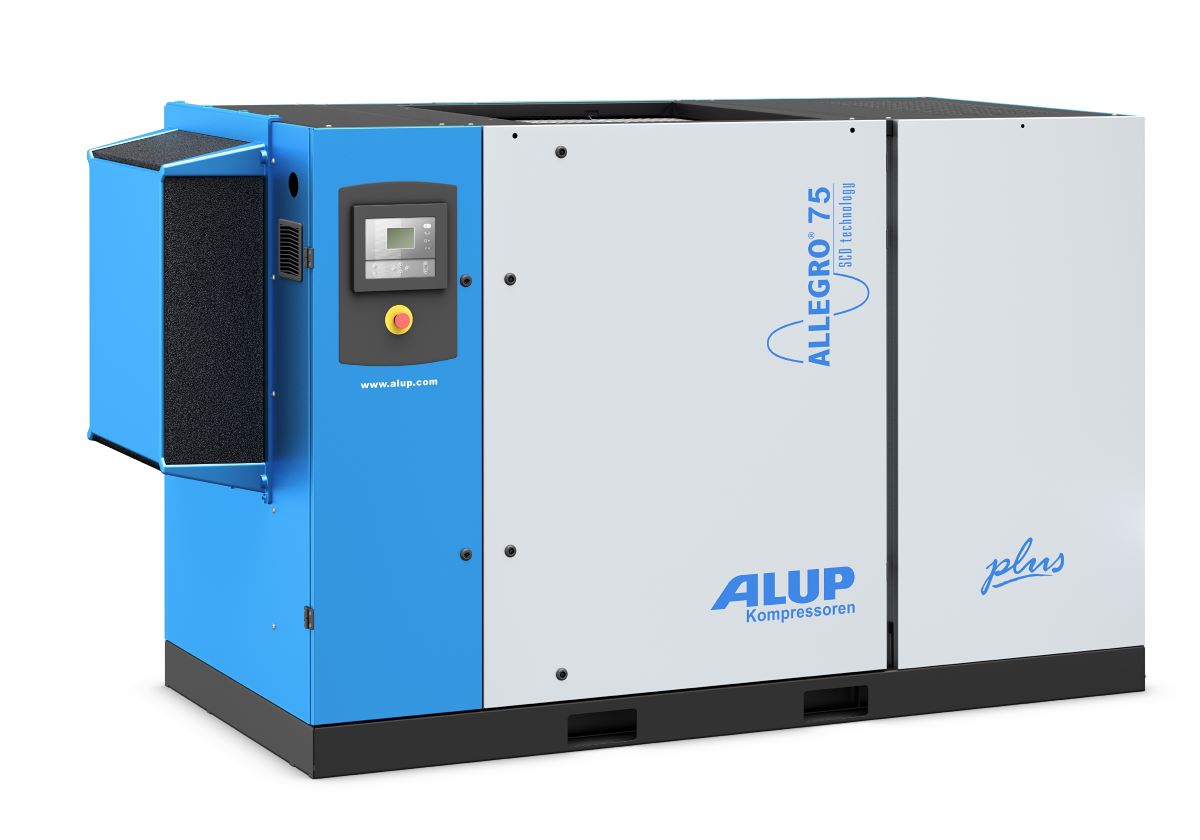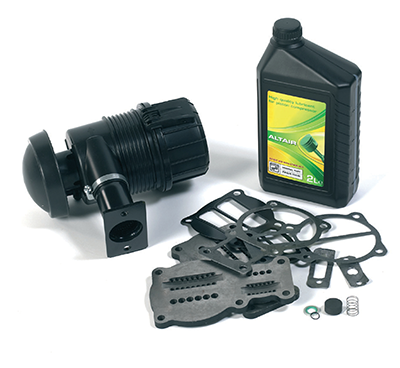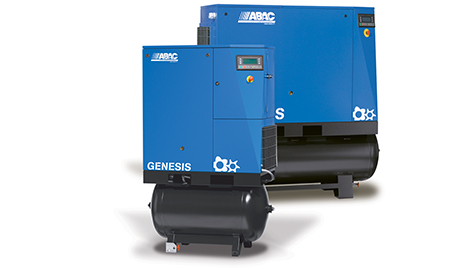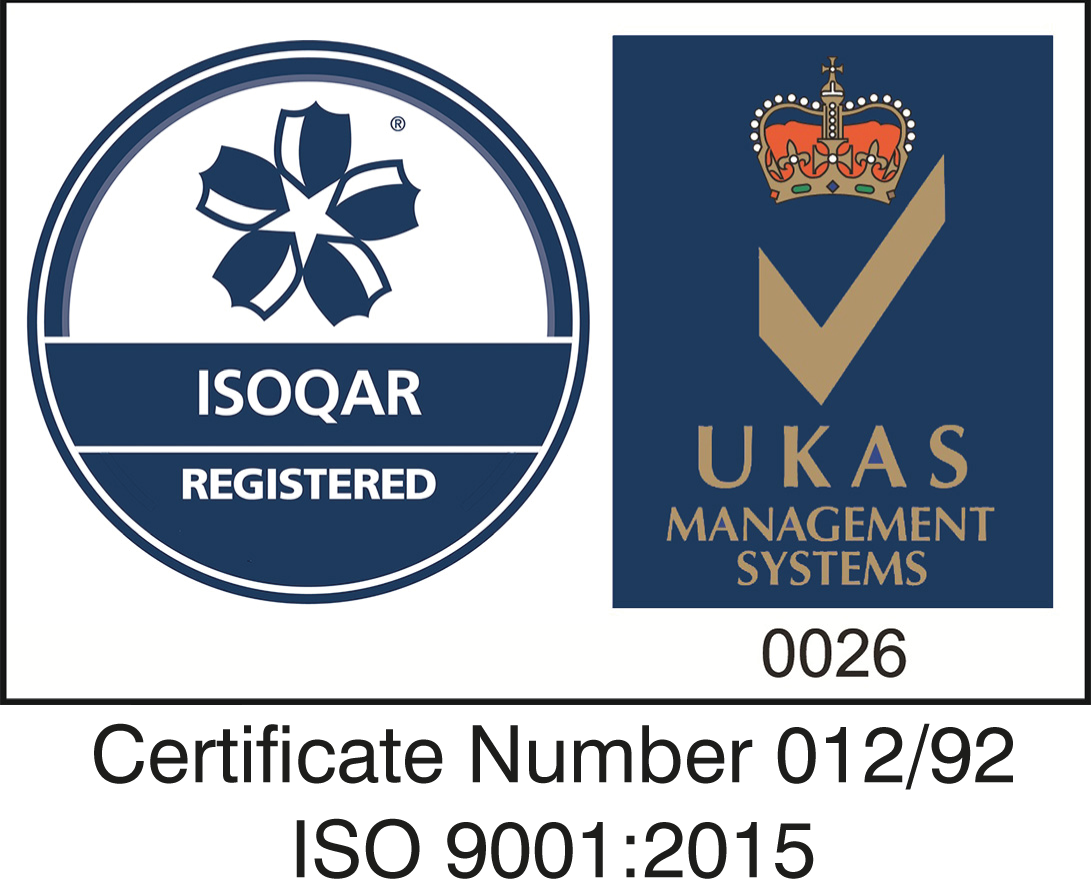How often should an air compressor be serviced?
Air compressors play a crucial role in business operations across many industries including manufacturing, construction and agriculture.
If you’re a business operating an air compressor, you’ll understand just how important it is to keep it functioning at optimal performance. With this, you may also be aware of what could happen if it fails you. An air compressor operating below its requirements can slow down production and be a costly setback.
Thankfully, these complications can be avoided for the most part if you keep your equipment in top condition from the get-go, with proper air compressor service and maintenance.
In this blog, we will cover everything you need to know about keeping your compressor functional and efficient.

How often an air compressor needs to be serviced
Regular air compressor servicing is the key to maintaining reliability, performance and longevity – but how regularly does it need to be performed?
Following best practices set by most manufacturers, air compressors should be serviced annually or every 2,000 hours – whichever one comes first. This may mean that your service is carried out at set intervals i.e. every 6 or 9 months, depending on its activity levels.
That being said, there may be times when you need to stray from the minimum service requirement and call one in early. Should you notice a dip in the performance of your air compressor or sense that something isn’t quite right, don’t hold off until your service date as this could cause further complications.
How to know when your air compressor needs servicing
Understanding the telltale signs of potential air compressor faults and wear & tear is key to knowing when your system requires some attention.
Fortunately, most of the issues that lead to air compressor failure can easily be identified by a knowledgeable operator. To avoid breakdowns, you should be on the lookout for any of the following signs:
1. Unusually loud noises
As with any type of industrial equipment or machinery – if something sounds different, there’s probably something not quite right.
Whilst some air compressors come equipped with in-built noise reduction chambers, generally speaking, they are naturally loud pieces of equipment. Having said that, it should be fairly noticeable if it is making more noise than usual.
Keep an ear out for your air compressor making any rattling, rumbling, banging or clicking noises. Any changes to operating pressure should be looked at immediately as this could be due to a number of undesirable factors:
– Incorrect fluid viscosity
– Worn or inverted piston rings
– Overfilled reservoir
– Worn intake filters
2. High operating temperature
It goes without saying that the process of compressing air molecules produces a substantial amount of heat, so air compressors aren’t strangers to high temperatures. However, the system is responsible for the effective dissipation of this heat to ensure safe operation.
If you have noticed a sudden increase in compressor operating pressure, this is a clear sign that there may be a problem. This may be due to improper maintenance of the coolers or lubricant. Either way, the air compressor should be checked as soon as possible to avoid downtime or failure.
3. Loss of pressure
If your air compressor has suddenly declined in pressure, there’s a good chance that it may have a leak.
Not only do leaks in an air compressor affect the operating performance, but they can also be costly for your business. The system will begin using a substantial amount of energy to make up for the loss in pressure, which in turn reduces its energy efficiency and adds to your running costs.
4. Excess moisture
Liquid condensation is an expected byproduct of air compression, but air treatment equipment should be used to counteract this and remove excess condensation from the air compressor.
Increased moisture in the compressed air supply could indicate a fault with the air treatment equipment and can have a damaging impact on the system’s performance.
Needless to say, if your air compressor also won’t start, or stop, then it’s likely in need of a repair.

How to maintain your air compressor
Air compressor services conducted by a professional are important, but not to be relied on solely. Prevention is better than cure, and preventative maintenance is key to ensuring that your air compressor operates within specifications and at peak performance, day in and day out.
Performing regular air compressor maintenance will reduce the need for costly, unexpected repairs or replacements, and ultimately save you money in the long run.
Here are a few simple steps that can be taken to ensure your compressor is fit for service.
1. Read the manual
Learning how to properly maintain your air compressor starts with getting to know it. The manufacturer’s manual should provide you with some tips to help you get the most out of it. Read it thoroughly and make sure you understand what it needs from you to elongate its longevity.
2. Regularly drain the tanks
Air compressors have valves that should be used for draining any built-up excess moisture, and it’s important that this is drained regularly.
3. Inspect the hoses
Regularly checking the hoses for cracks or corrosion is crucial to preventing leaks or pressure loss. If you notice any damage to your hoses, replace them immediately.
4. Check the intake vents
Intake vents should be clear from dust or debris to ensure that they’re working efficiently. A clogged intake vent can force the compressor to overwork which can lead to a loss of pressure.
5. Tighten the fasteners
The fasteners on your air compressor can easily loosen through the motion of vibration. Regularly check any nuts, bolts and screws and tighten any that have loosened.
6. Change air filters regularly
To ensure optimal operating conditions, air filters should be completely clear of dust and foreign particles. This can build up quite quickly, so be sure to change them when you notice any clogging.
7. Clean the heat exchangers
Dirty heat exchangers can have an impact on the operating temperatures of an air compressor, so they should be cleaned often.
8. Clear the fuel tank
Cleaning out the engine on an air compressor is essential for removing any contaminants from the fuel. Perform a cleaning process regularly to preserve the engine’s life.
9. Replace the separator element
Separator elements should be changed after every 1,000 operational hours to ensure their effectiveness in stopping the excessive use of oil.
10. Test the safety shutdown system
Some air compressors have built-in safety shutdown systems which are critical in immediately shutting off the power if the compressor gets too hot. Regularly test this mechanism to ensure that it’s operating safely.
These tips should help to guide you in creating an air compressor maintenance checklist. Ensure that all operators and persons responsible are familiar with the process, and keep a log each time maintenance has been performed.

Where to get an air compressor serviced
If you’re looking for air compressor servicing in the UK, look no further than Derek Lane & Co. With over 40 years of experience in compressed air systems, we have become a market leader in the field, offering on-site compressor repair and maintenance services.
We can offer monthly, quarterly, annual and emergency air compressor maintenance to suit your requirements. Whether you’re looking for a scheduled service or have an emergency shut down, we can help.
Our technical skills and expertise mean that we can work on all rotary screw, piston and reciprocating compressors from a range of different manufacturers.
To book a service call or enquire about taking up a service contract, get in touch with our team today.










